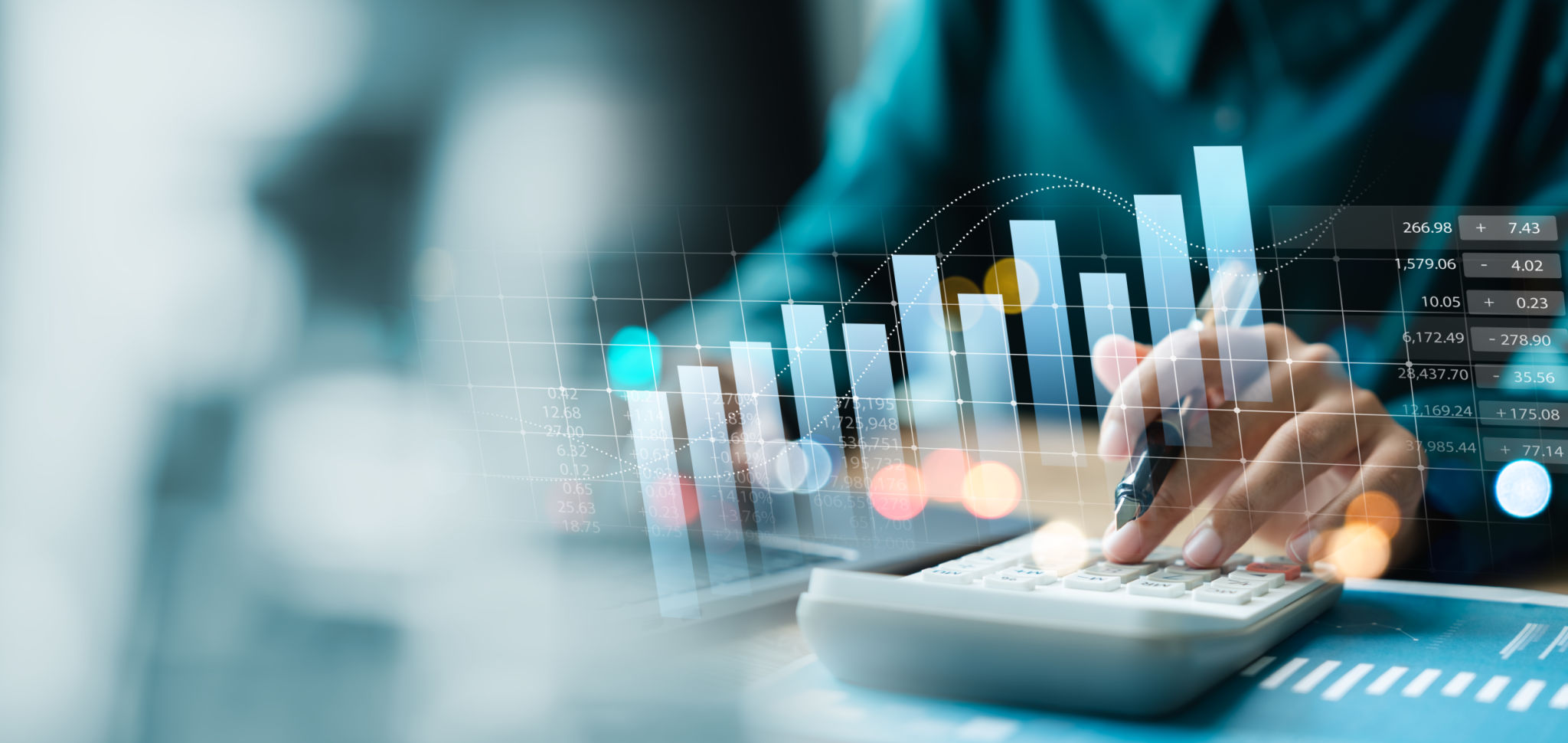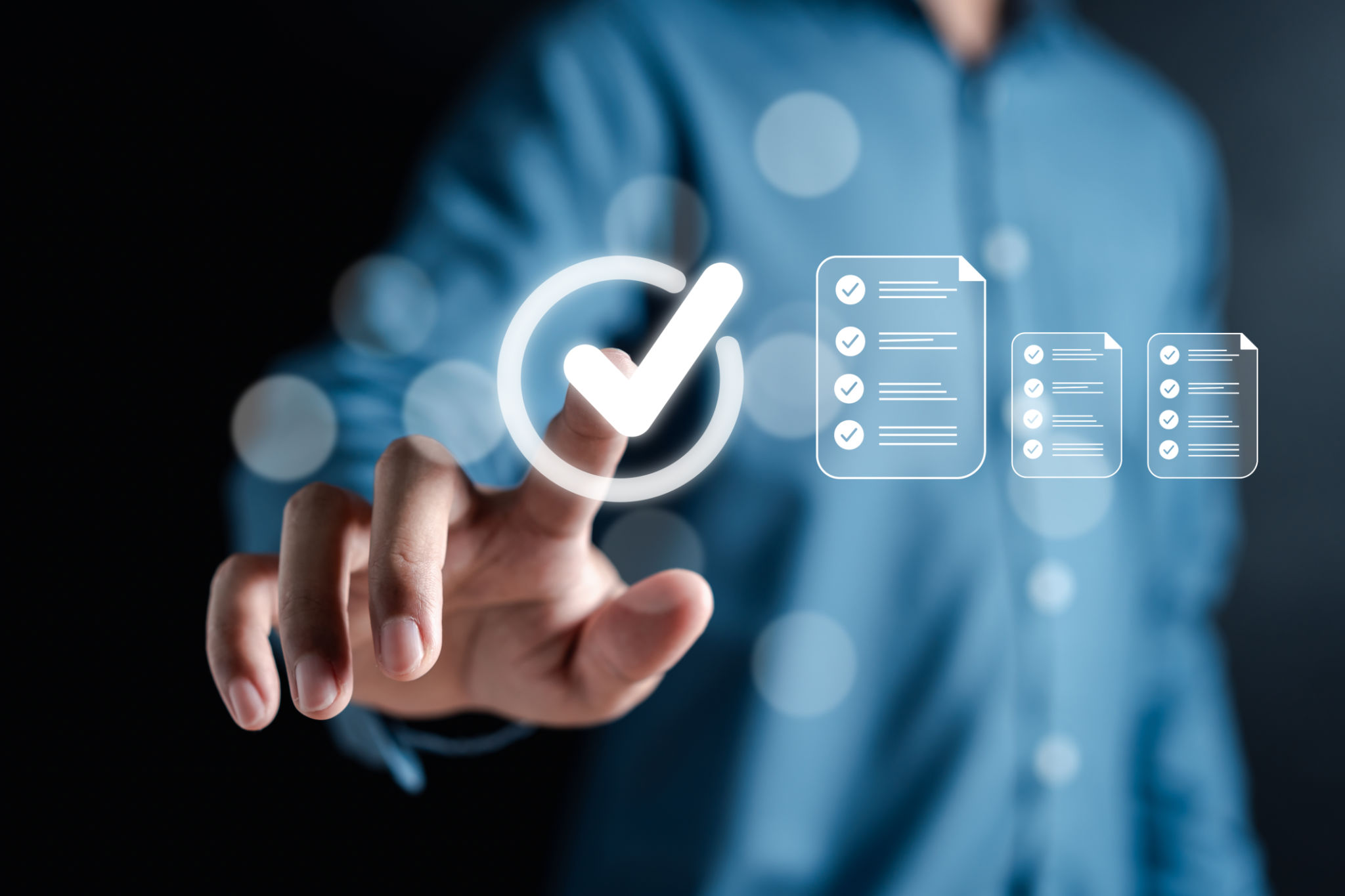Understanding Brazilian Trade Regulations: A Guide for U.S. Importers
Introduction to Brazilian Trade Regulations
For U.S. importers looking to enter the Brazilian market, understanding the complex web of trade regulations is crucial. Brazil, as a key player in the global economy, has a unique set of rules that govern imports. Navigating these regulations effectively can lead to successful business ventures and expansion opportunities.

Import Licensing and Registration
One of the primary steps for U.S. importers is securing the necessary import licenses. Brazil requires different types of licenses depending on the nature of goods being imported. It is essential to determine whether your products need an automatic or non-automatic import license. The registration process involves detailed documentation and can be time-consuming, so early preparation is advisable.
Steps for Obtaining Import Licenses
To obtain an import license, U.S. importers must:
- Register with the Brazilian Foreign Trade Secretariat (SECEX).
- Submit an Import Declaration (DI) through the Integrated Foreign Trade System (SISCOMEX).
- Comply with any specific requirements related to product categories, such as health or safety certifications.

Tariff and Tax Considerations
Understanding tariffs and taxes is a significant aspect of Brazilian trade regulations. Brazil imposes various tariffs on imported goods, and these can significantly impact pricing strategies. Additionally, importers must be aware of taxes such as the Import Duty (II), Merchandise and Service Circulation Tax (ICMS), and the Industrialized Product Tax (IPI).
Key Taxes U.S. Importers Should Know
The main taxes include:
- Import Duty (II): A tax levied on all imported goods.
- ICMS: A state tax varying between states, applied to the circulation of goods and services.
- IPI: A federal tax on industrialized products, applicable to both domestic and imported goods.

Compliance with Brazilian Standards
Brazil has stringent standards that imported goods must meet. These standards ensure safety, quality, and environmental protection. Common regulatory bodies involved include the National Institute of Metrology, Quality and Technology (INMETRO) and the Brazilian Health Regulatory Agency (ANVISA).
Certification Requirements
Depending on the product category, certification from INMETRO or ANVISA may be required. This involves testing and verification processes that certify compliance with Brazilian standards. Importers should plan for these certifications well in advance to avoid delays in market entry.

Logistical Challenges and Solutions
Brazil's vast geography presents logistical challenges for importers. Efficient transportation networks are crucial for timely delivery across different regions. U.S. importers should partner with local logistics providers who have expertise in navigating Brazil's infrastructure.
Moreover, Brazil's customs clearance process can be complex. It is advisable to work with customs brokers who understand local procedures and can expedite clearance.
Conclusion: Strategic Planning for Success
Understanding and complying with Brazilian trade regulations is essential for U.S. importers aiming for success in this vibrant market. By familiarizing themselves with licensing requirements, tax implications, standards compliance, and logistical considerations, importers can develop strategic plans that minimize risks and maximize opportunities in Brazil.
